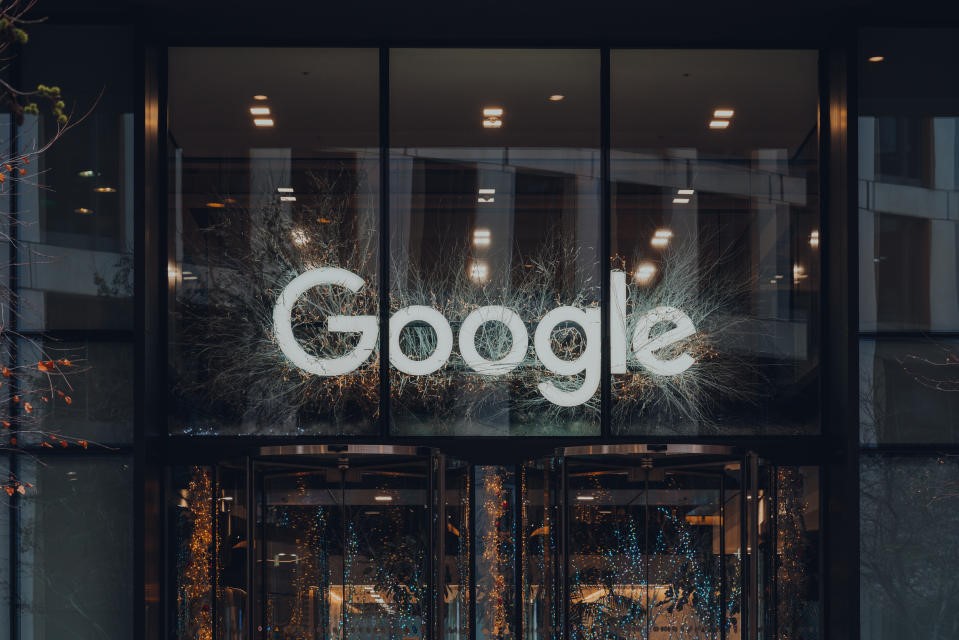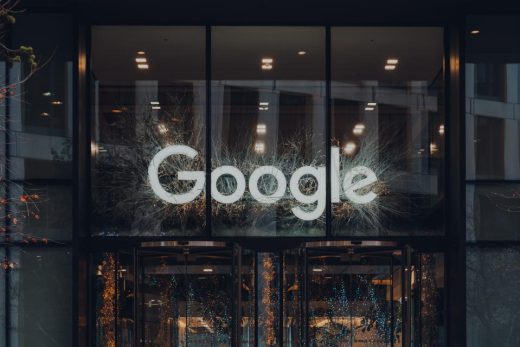Google wants to put the consequences of its Epic antitrust ruling on pause during appeal
Google wants to put the consequences of its Epic antitrust ruling on pause during appeal
It said that forcing it to open the Play Store to competitors exposes Android users to security risks.

Update, October 18, 5PM ET: District Judge James Donato has granted an administrative stay. This effectively puts Donato’s prior order, which was due to come into effect shortly, on pause until the 9th Circuit’s resolves Google’s stay motion. In a statement given to Engadget, a Google spokesperson said:
“We’re pleased with the District Court’s decision to temporarily pause the implementation of dangerous remedies demanded by Epic, as the Court of Appeal considers our request to further pause the remedies while we appeal. These remedies threaten Google Play’s ability to provide a safe and secure experience and we look forward to continuing to make our case to protect 100 million U.S. Android users, over 500,000 U.S. developers and thousands of partners who have benefited from our platforms.”
The original story follows.
Google has formally filed a motion [PDF] asking the 9th Circuit Court of Appeals to put a pause on the order that forces the company to open the Play store to competitors. If you’ll recall, Google lost an antitrust lawsuit filed by Epic Games after a federal jury found that the company held an illegal monopoly on app distribution and in-app billing services for Android devices. Earlier this month, US District Judge James Donato ordered Google to allow third-party app stores access to the Google Play app catalog and to make those stores downloadable from its storefront. Now, Google is asking the court for a stay on that order while it’s appealing the Epic antitrust lawsuit decision, saying that it will expose 100 million Android users in the US to “substantial new security risks.”
The company called the order “harmful and unwarranted” and said that if it’s allowed to stand, it will threaten Google’s ability to “provide a safe and trusted used experience.” It argued that if it makes third-party app stores available for download from Google Play, people might think that the company is vouching for them, which could raise “real risks for [its] users.” Those app stores could have “less rigorous protections,” Google explained, that could expose users to harmful and malicious apps.
It also said that giving third-party stores access to the Play catalog could harm businesses that don’t want their products available alongside inappropriate or malicious content. Giving third-party stores access to its entire library could give “bad-intentioned” stores a “veneer of legitimacy.” Moreover, it argued that allowing developers to link out from their apps “creates significant risk of deceptive links,” since bad actors could use the feature for phishing attacks to compromise users’ devices and steal their data.
One of court’s main proposed changes is to allow developers to remove Google Play billing as an option, allowing them to offer their apps to Android users without having to pay the company a commission. However, Google said that by allowing developers to remove its billing system, it could “force an option that may not have the safeguards and features that users expect.”
In its filing, Google emphasized that the three weeks the court gave it to make these sweeping changes is too short for a “Herculean task.” It creates an “unacceptable risk of safety” that could lead to major issues affecting the functionality of users’ Android devices, it said. The company also questioned why the court sided with Epic in its antitrust lawsuit, whereas it sided with Apple in a similar case also filed by the video game company. “It is pause-inducing that Apple, which requires all apps go through its proprietary App Store, is not a monopolist, but Google — which built choice into the Android operating system so device makers can preinstall and users can download competing app stores — was condemned for monopolization.”
Epic Games provided Engadget with the following statement: “The jury’s verdict and the court’s injunction were clear: Google’s anticompetitive Play Store practices are illegal. Google is merely fear mongering and falsely using security as a pretext to delay the changes mandated by the court. This is Google’s last ditch effort to protect their control over Android and continue extracting exorbitant fees. The court’s injunction must go into effect swiftly so developers and consumers can benefit from competition in the mobile ecosystem.”
(2)


